Ethical Systems Files Amicus Brief in Defense of Internal Whistleblowers
This post originally appeared on The FCPA Blog. It is cross posted here.
 On November 28, 2017, the Supreme Court will hear arguments in Digital Realty Trust v. Paul Somers on the question of whether the whistleblower protections of the Dodd-Frank Act extend to internal whistleblowers, or only to those who report to the SEC.
On November 28, 2017, the Supreme Court will hear arguments in Digital Realty Trust v. Paul Somers on the question of whether the whistleblower protections of the Dodd-Frank Act extend to internal whistleblowers, or only to those who report to the SEC.
 Research shows that the majority of employees who report misconduct do so internally, through informal discussions with managers and other conduits. If the Court interprets the Act’s protections as extending only to those who provide information to the SEC, it could stymie and complicate the important work of ethics & compliance ers.
Research shows that the majority of employees who report misconduct do so internally, through informal discussions with managers and other conduits. If the Court interprets the Act’s protections as extending only to those who provide information to the SEC, it could stymie and complicate the important work of ethics & compliance ers.

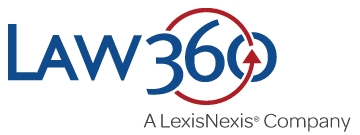 The case for business ethics was recently made very clear to me when I co-chaired at the
The case for business ethics was recently made very clear to me when I co-chaired at the  Ethical Systems CEO Azish Filabi, was interviewed in a far-reaching discussion with Hal Conick published on Marketing News, a publication of the American Marketing Association.
Ethical Systems CEO Azish Filabi, was interviewed in a far-reaching discussion with Hal Conick published on Marketing News, a publication of the American Marketing Association.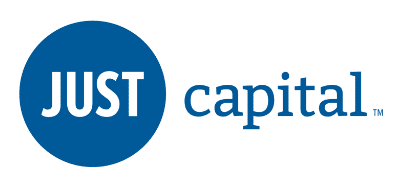
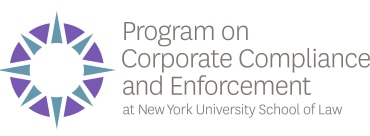 Over at the NYU Law’s Compliance and Enforcement blog, ES CEO Azish Filabi has
Over at the NYU Law’s Compliance and Enforcement blog, ES CEO Azish Filabi has 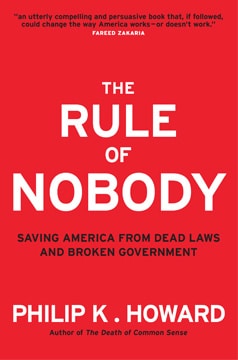
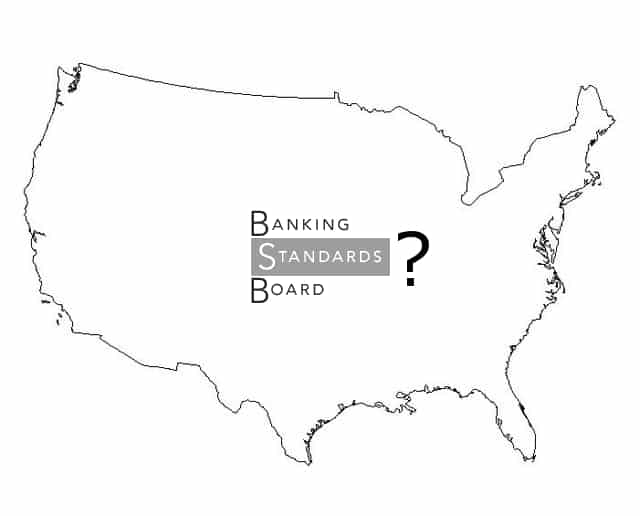 I recently returned from a trip to London, where I spoke about the role of ethics and culture in organizations with varied, leading professionals. My meeting with the Banking Standards Board (“BSB”) stands out as a potential model for what financial services firms in the U.S. could emulate.
I recently returned from a trip to London, where I spoke about the role of ethics and culture in organizations with varied, leading professionals. My meeting with the Banking Standards Board (“BSB”) stands out as a potential model for what financial services firms in the U.S. could emulate. As any Compliance Officer knows well, demonstrating that your company has an effective compliance program is one of the main goals of your day-to-day efforts, but also one of the most elusive.
As any Compliance Officer knows well, demonstrating that your company has an effective compliance program is one of the main goals of your day-to-day efforts, but also one of the most elusive.